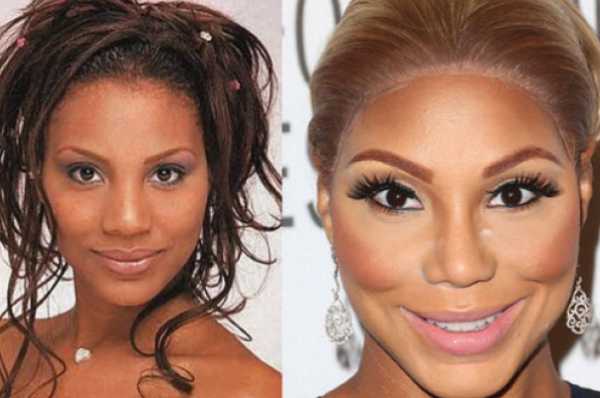Skin bleaching is worst form of low self-esteem
Our protection against the harsh Ultra Violet rays from the sun has been largely compromised by the depletion of the ozone layer because of pollution. As a result, our skins are now in more danger than before from diseases especially those skins that have been bleached. As controversial as skin bleaching is, it is still a practice which takes place all over different countries and Botswana is no exception. This is despite its consequences.
In Africa, Nigeria is the leading country in this practice with 77% of people practising it, followed by Togo with 59%, South Africa 35% and Mali 25%. Director at Ultimate Day Spar, Mpho Ofitlhile reveals that bleached skin is very sensitive as it has lost natural protection of melanin against the sun and is very fragile. “Bleached skin is skin that has lost its dignity and ultimately a person with bleached skin will end up suffering from skin cancer,” she said.
Apart from losing its natural smoothness, on sight, the skin looks much drier and is prone to some hyper pigmentation. She also said skin bleaching increases premature ageing by 80-90%. Research shows that skin bleaching arises from inferiority complex, low self-esteem and the perception that people who have lighter skin fare better in most aspects of life compared to those with darker skin.
Skin bleaching products range from creams, lotions, pills and injectables. It is done by not only women, but men as well. Although it is reversible, it is a very long process which includes discontinued use of the bleaching products and staying out of the sun for a long period of time or wearing a sun screen which contains SPF 30 and zinc oxide.






